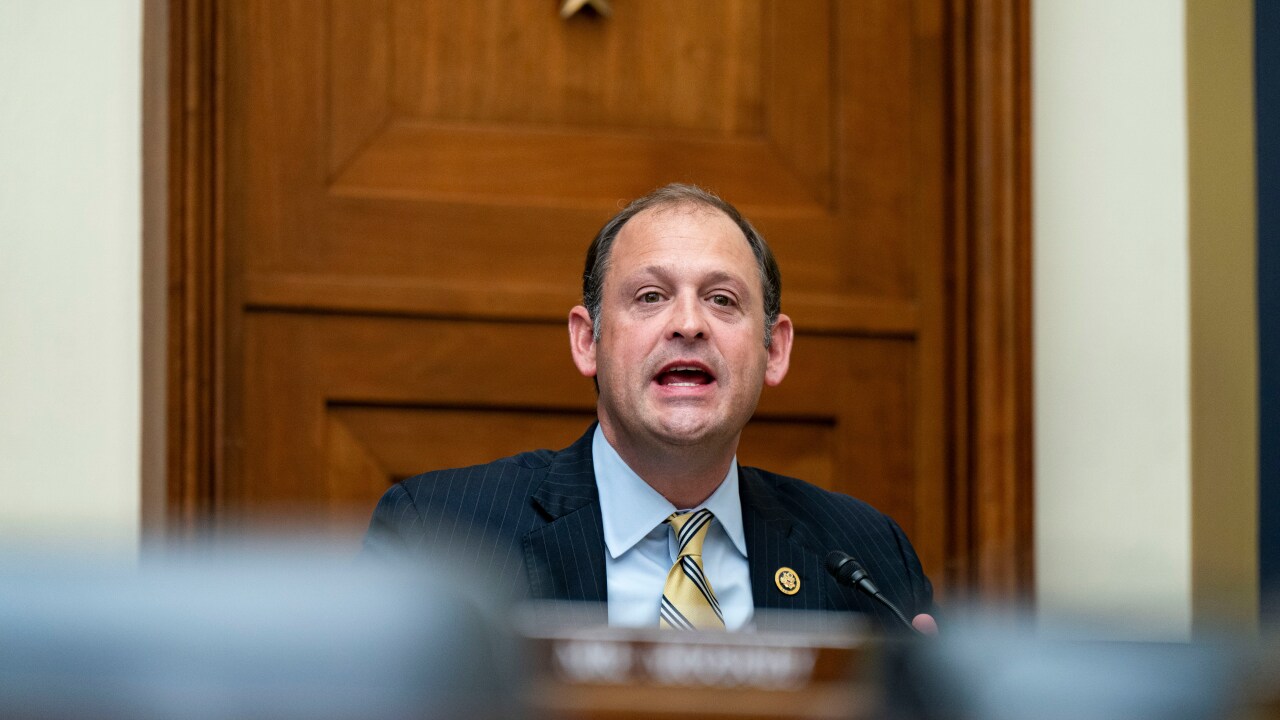Bipartisan House legislation to increase to $30 million from $10 million the amount of tax-exempt bonds banks can buy under favorable terms as bank-qualified is expected to be unveiled July 10.
Bank-qualified debt, also known as BQ debt and bank eligible, allows banks to deduct most of the carrying cost of that debt as a business cost.
The $10 million limit has been in place since 1986, except for a two-year period in 2009-2010 when the American Recovery and Reinvestment Act raised the limit to $30 million. ARRA also applied the limitation to individual borrowers rather than conduit issuers, which the law snapped back to afterward.
Under ARRA there was an explosion of small government and nonprofit borrowing, according to Charles Samuels of Mintz Levin, counsel to the National Association of Health & Educational Facilities Finance Authorities.
Small governments, police departments, fire departments and nonprofits such as small colleges, hospitals and drug and alcohol treatment facilities took advantage of the higher limit.
“It’s very much a rubber meets the road type of tool,” Samuels said. “Nothing flashy. Very local. It’s best understood in the rural context because small hospitals are very well-known or a small college, but the fact of the matter is it really isn’t just a rural tool. There are many small governments and nonprofits in suburban and urban areas. We just don’t notice them as much.”
The proposed legislation will be described as a small borrower bill instead of a bank-qualified debt bill.
“Bank-qualified is a highly technical name that doesn’t tell people anything useful,” said Samuels.
Democratic Rep. Terri Sewell of Alabama is expected to be the lead sponsor of the bill and to be joined by Republican Rep. Tom Reed of New York, who was the lead sponsor of the same bill during the 2015-2016 Congress when his party was in the majority.

Both are members of the tax-policy writing House Ways and Means Committee which has jurisdiction over the issue.
Reed, when he announced the bill’s introduction in 2015, touted the legislation as a way for homeowners in his western New York district to save money “by helping local governments obtain better financing for necessary construction projects.”
“Simply, bank qualified bonds save tax dollars and keep property taxes in check. I also believe in the fairness of keeping local tax dollars in local communities,” said Reed. “Using these bonds keeps the control, financing and benefits of capital improvements right in the local economy.”
According to
The committee’s chairman, Rep. Richard Neal, D-Mass., also has sponsored the bill in the past, which greatly increases the chances the bill will be considered at some point during the current Congress.
In the last Congress of 2017-2018, there was no House sponsor of the bill. But two Democrats on the Senate Finance Committee -- Sens. Robert Menendez of New Jersey and Ben Cardin of Maryland – sponsored a Senate version of the bill.
Sen. Michael Crapo, R-Idaho, another member of the Finance Committee, also has supported the bill in the past.





